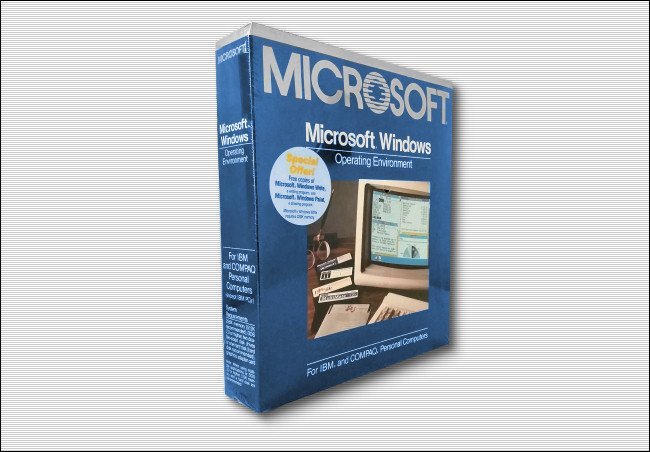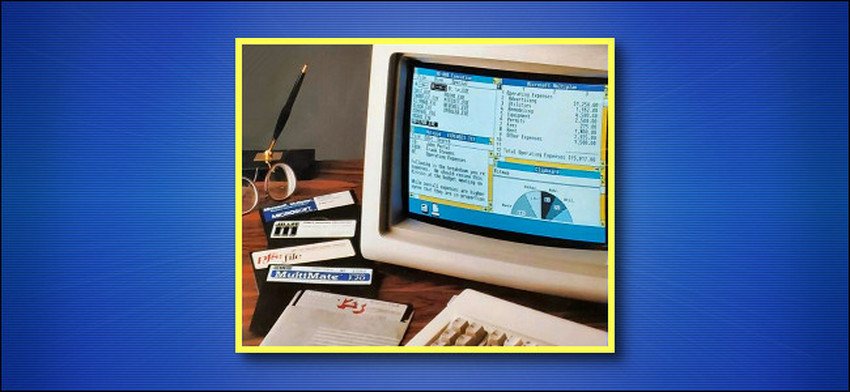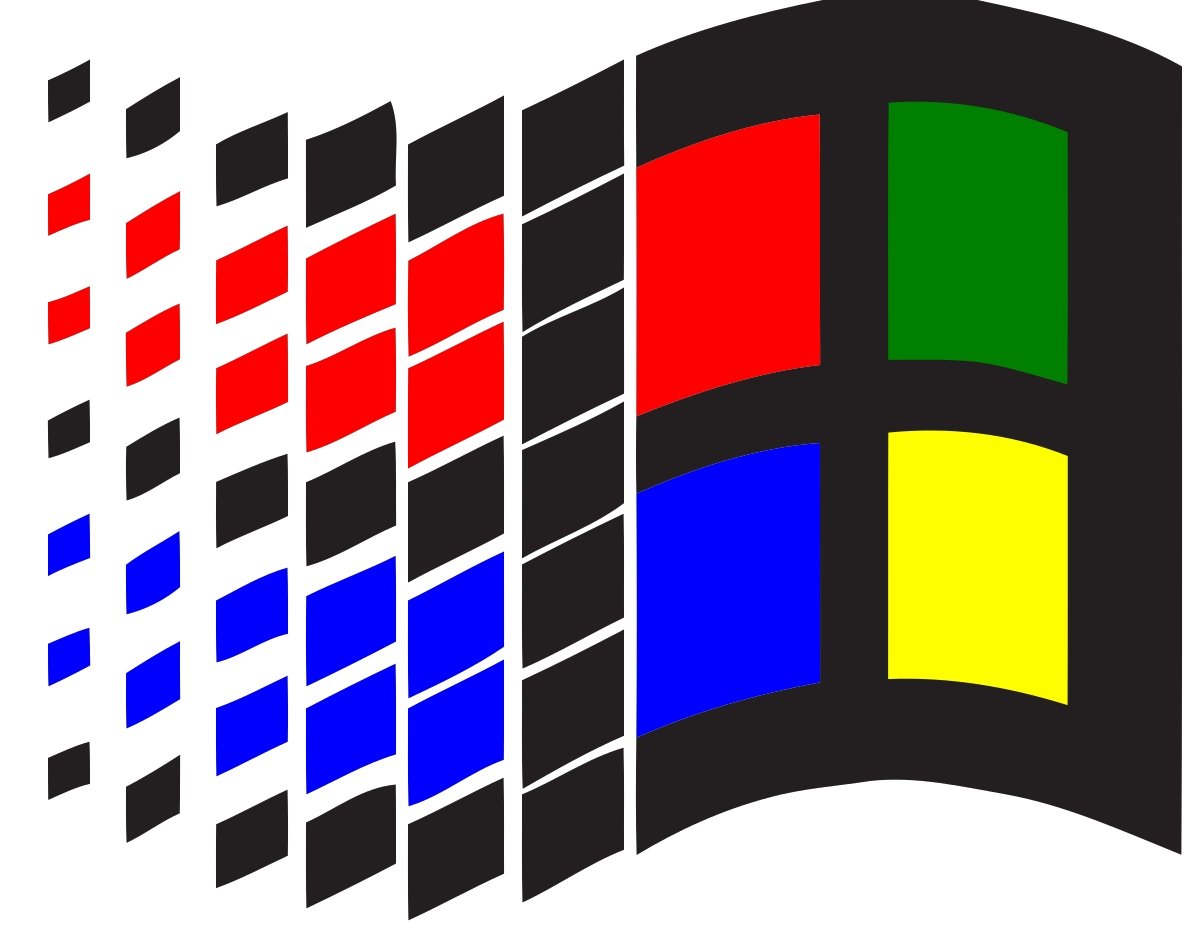Who does not know the Windows operating system? But what is the story of his name? Why were they named "Windows" and not "Doors" or something similar?

It is interesting to go back in time from time to time, when computers and transistors first started and silicon set aside light bulbs. So around 1981, Microsoft began developing the basics of what would later become Windows.
The new operating system, which was still in its infancy, was initially called Interface Managers (Interface Manager we might call it in Greek). Add a graphical overlay to MS-DOS, allowing visual control of the program using a mouse (instead of typing keyboard commands).
It also allowed multiple runs work by displaying different applications inside boxes placed in different areas of the screen at the same time, an idea pioneered at Xerox PARC with PCs High and Star and later improved on Apple.

Imagine the revolutionary idea.
You had a black screen and for everything you wanted it to do, you wrote a bunch of words and symbols. With the news technology you could multitask without writing but just pointing. In the computer industry at the time, these simultaneous boxes of programs that appeared on the screen were called "windows" and the software that managed them commonly referred to as "windowing systems".
In the early 1980s, many software and hardware manufacturers developed their own computer window systems, including IBM with TopView, of Digital Research with GEM and VisiCorp with Visi On. Microsoft "Interface Manager" was one of the many similar programs of the time, which was finally released several years later.
The birth of Windows

In 1982, Microsoft hired a new vice president of marketing named Rowland Hanson (Rowland Hanson), who was a veteran of the cosmetics industry. Hanson brought one new perspective on defining Microsoft's brand which involved placing the name "Microsoft" in front of its products, and with a generic or simple word after it, such as Microsoft Word and Microsoft Excel.
While researching a new name for Interface Manager, Hanson read various commercial articles on with these multitasking systems on a PC and pointed out their commonalities. He noted that the term "window" is often used to describe terms such as "window system" and "window manager", so he embraced the word "Windows" as a general term to help Microsoft own the entire product category. He thought that every time someone referred to window systems, they would voluntarily promote the name "Windows".
According to the book "Barbarians Led by Bill Gates", The developers of Interface Manager were reluctant to change the name to Windows and the decision whether to do so was ultimately made by Bill Gates. Gates accepted it and so Microsoft Windows was born.
The legacy of Windows
 Microsoft has publicly announced Microsoft Windows on 10 November 1983, long before the product is ready for shipment, in an effort to bring hardware and software vendors in touch with the "operating environment", as Microsoft called it. It had the desired effect, as several competitors were working on window systems in the early 1980s.
Microsoft has publicly announced Microsoft Windows on 10 November 1983, long before the product is ready for shipment, in an effort to bring hardware and software vendors in touch with the "operating environment", as Microsoft called it. It had the desired effect, as several competitors were working on window systems in the early 1980s.
When Windows 1.01 was released in 1985, it was not an innovative product, but it evolved over time from an MS-DOS shell to a standalone operating system, and then to the mammoth brand we all know today.
Windows is a multi-billion dollar business and as long as there are billions of dollars associated with the "Windows" name, Microsoft will likely continue to use it for years to come.





